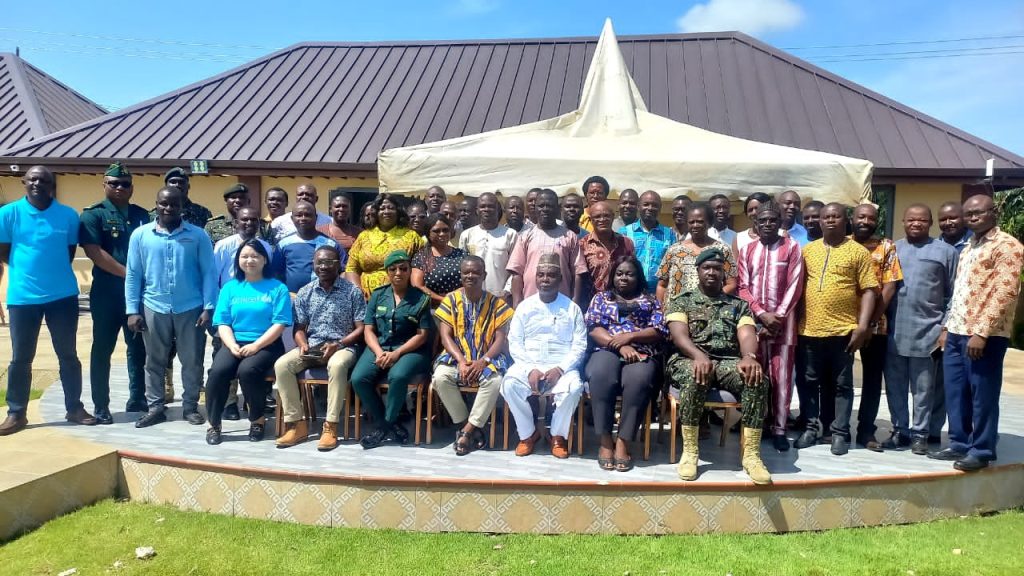By Anthony Adongo Apubeo
Bolgatanga, July 20, GNA – The Ministry of Gender, Children and Social Protection (MoGCSP) has held a three-day training workshop for key stakeholders in the Upper East Region on the basics of Child Protection in Emergency (CPiE).
The training was to equip them with the necessary knowledge, experiences and strategies to respond effectively, efficiently and appropriately to humanitarian crisis and in particular, provide adequate protection for children in emergencies.
The training was organised by the Department of Children of MoGCSP with funding support from the United Nations Children’s Fund (UNICEF) and held in Bolgatanga.
It brought together regional and district officers of the Departments of Gender, Children, and Social Welfare and Community Development, Development Planning Officers from 10 Municipal and Districts in the region including Kassena-Nankana and Bawku Municipals, Kassena-Nankana West, Bongo, Nabdam, Bawku West, Garu, Tempane, Pusiga and Binduri Districts.
It also brought together other security agencies such as the Ghana Immigration Service, the Ghana Police Service, Domestic Violence and Victims Support Unit and the National Disaster Management Organisation (NADMO) among others.
Mrs Abena Aprekua Badu-Aboagye, the Principal Programme Officer, Department of Children, MoGCSP, explained that there was the need for Ghana to have a strategic plan in place from the national to local level to provide protection for children during emergencies.
“COVID caught us off-guard, and we did not have a plan for children especially protecting children during emergencies, so at the national child protection committee meeting, we decided that we need to have a plan for child protection during emergencies,” she said.
Mrs Badu-Aboagye noted that the influx of migrants into the country put children in desperate situations and there was the need for stakeholders to be able to respond efficiently.

She said child protection in emergency working groups had already been put in place at the national and regional levels to work as sub committees under the regional child protection committees to effectively protect children during crisis.
“It was agreed that we come to the regions especially the northern sector because of the influx of migrants into the regions, so that we train them on child protection in emergency so that they will have child protection lenses whenever they are dealing with any issues concerning children whenever there is an emergency,” she added.
Mr Emmanuel Nyarko-Tetteh, the Child Protection Specialist with UNICEF, explained issues of children that needed to be given attention especially in emergency and disaster situations.
He said the influx of migrants into the country included children, hence the need to strengthen existing systems and structures to be able to provide humanitarian support.
Therefore, he said, the participants would be taken through the application of child protection minimum standards and urged all participants to bring their experiences to bear.
He, however, appealed to the Assemblies to reactivate where necessary, the establishment of child protection committees at the Municipal and District levels to complement the regional child protection committee to ensure that child protection plans, and preparedness were implemented and coordinated at the local level.
Alhaji Abubakar Inusah, the Chief Director of the Upper East Regional Coordinating Council and Chairman of the Regional Child Protection Committee, noted that the training was apt and timely as it would help avert child protection crisis in the region.
He said apart from the influx of asylum seekers from neighbouring Burkina Faso, the region had been bedeviled with some internal conflicts such as land and chieftaincy disputes which had put the lives and future of children in dire need of support.
GNA